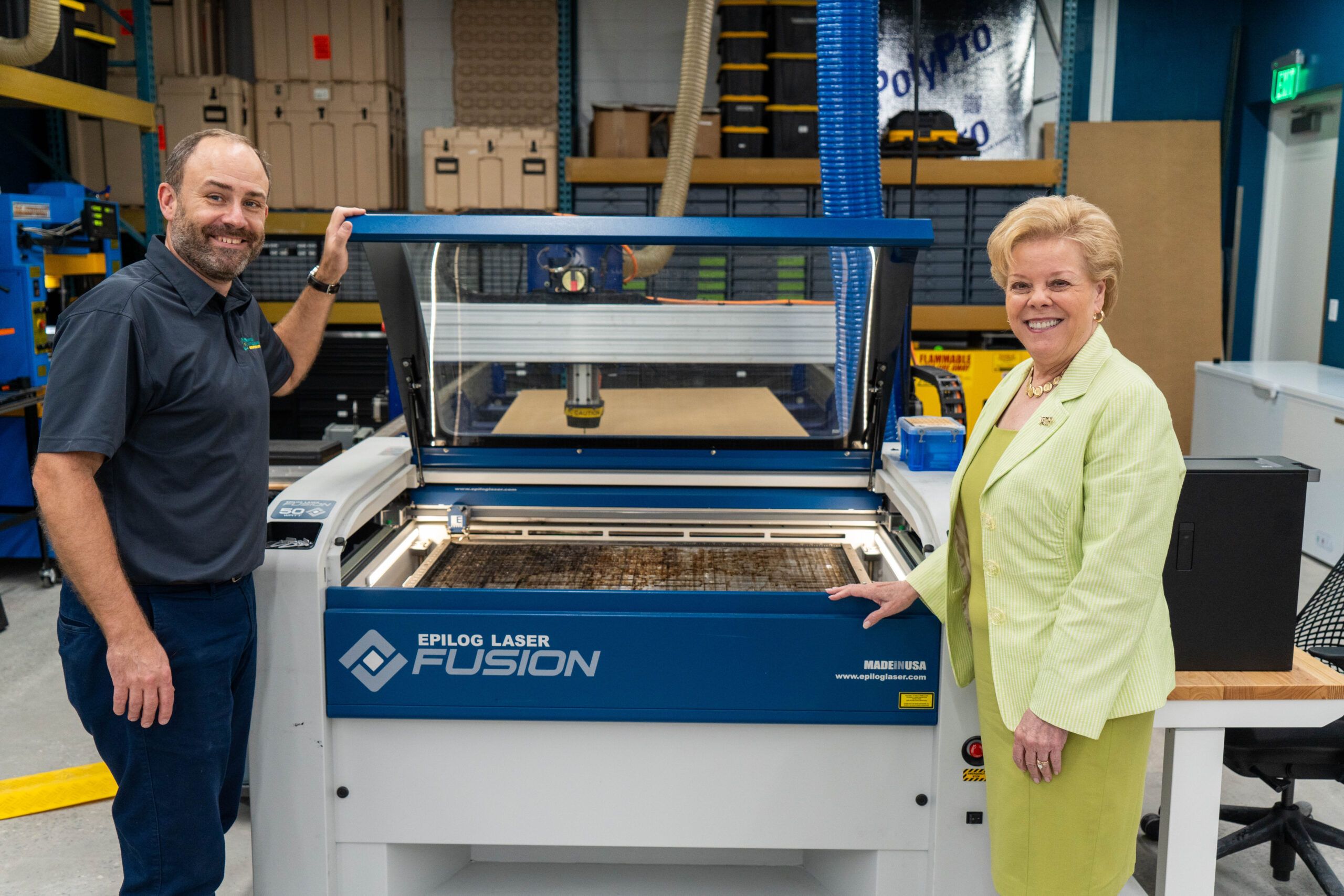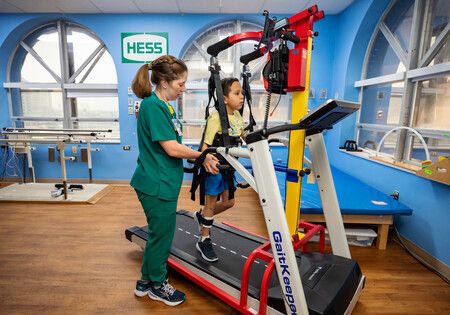In our last article, we covered dealing with the death of a spouse. Now we are discussing a spouse developing dementia, which primarily happens later in life, but can happen before age 65 as well. There are over 40 different diagnoses for dementia with Alzheimer’s being the most well-known.
There are 5 million people in the U.S. today with this dreaded disease and in 30 years, this will swell to 16 million. Given our aging retirement population in Florida, it will be an even bigger personal and social issue here.
The disease starts in the brain 15-20 years before symptoms begin to manifest themselves. Besides repeating the same statement or question many times and obvious signs of short-term memory loss, one of the first signs of a potential issue is the declining ability to manage finances. This includes not paying bills, making bad investment decisions, finding it difficult to sign documents, and/or family members, people or scammers taking advantage. Usually, the spouse notices the symptoms first and often wants to protect the other spouse by ignoring the signs of cognitive decline.
When noticed, do not ignore it. Schedule an appointment with a neurologist to determine if there is an issue and if so, how advanced and what treatment, if any, is appropriate. Today there is no cure for Alzheimer’s, and while there are promising drugs to slow its progress none have been approved. Avoid trying to utilize many of the self diagnosis tests offered. Only a trained physician or professional is capable of making a determination.
Next, talk about the disease and the affects it will have on life while the two of you can do so. Not talking is not an option. Even in the early stages of the disease, the afflicted spouse may not totally comprehend its implications and may profess that there is nothing wrong. How and when do you want to tell family and friends? What modifications are required at home? When needed, what help is required in the short term? In the long term? Care at home is generally more expensive than a long-term care or memory facility but is increasingly the preferred choice. What financial resources are available for either or both? Visit www.caremanager.org for additional information.
Update your living trust, will, living will, power of attorney and health care surrogate with your attorney. Be sure to name a backup for these latter two documents. Review your entire estate planning. Discuss what legal options are available to protect assets for the caregiver spouse, if possible. Be sure to visit the accountant about changes to income taxes. What expenses are deductible?
With your financial adviser, discuss beneficiary designations, trusted contact information, registration for brokerage and bank accounts and other investments, deeds, pension and retirement plans, Social Security, asset allocation, etc. Further, what income sources are available to cover the additional expenses that occur? Look to simplify legal and financial matters. Excellent information to help with financial and other matters is available from the Alzheimer’s Association (www.alz.org).
Look into the benefits provided by the employer of both spouses. Talk with the insurance agent about life insurance, annuities and disability income. Check with your health insurance agent about what is covered, or not, if you have commercial coverage. Learn about the benefits provided for doctors, hospitals, testing, drugs, etc. from Medicare, Medicaid, veteran’s benefits and a long-term care policy, if you have one. Be sure to ask about a Special Need Plan (SNP) under Medicare Advantage, as these plans are specific for those with dementia.
On a community level, explore available services such as adult day care and caregiver classes and support groups for the healthy spouse. It is important that the caregiver stay healthy. The caregiver may feel guilty at times about going on with life but it is important to keep both physical and mental health in order to serve and protect the afflicted spouse. Who is going to care for the patient if the caregiver dies first?
Do not try to do all of this by yourself. This is not a do-it-yourself issue. Do not be embarrassed to reach out to family, friends and professionals for support.
Ray Ferrara is chair and CEO of ProVise Management Group and Paul Auslander is the director of financial planning. Founded in 1986, ProVise is nationally recognized as a leading financial planning and investment management firm with assets of approximately $1.4 billion as of September 30, 2019.

















